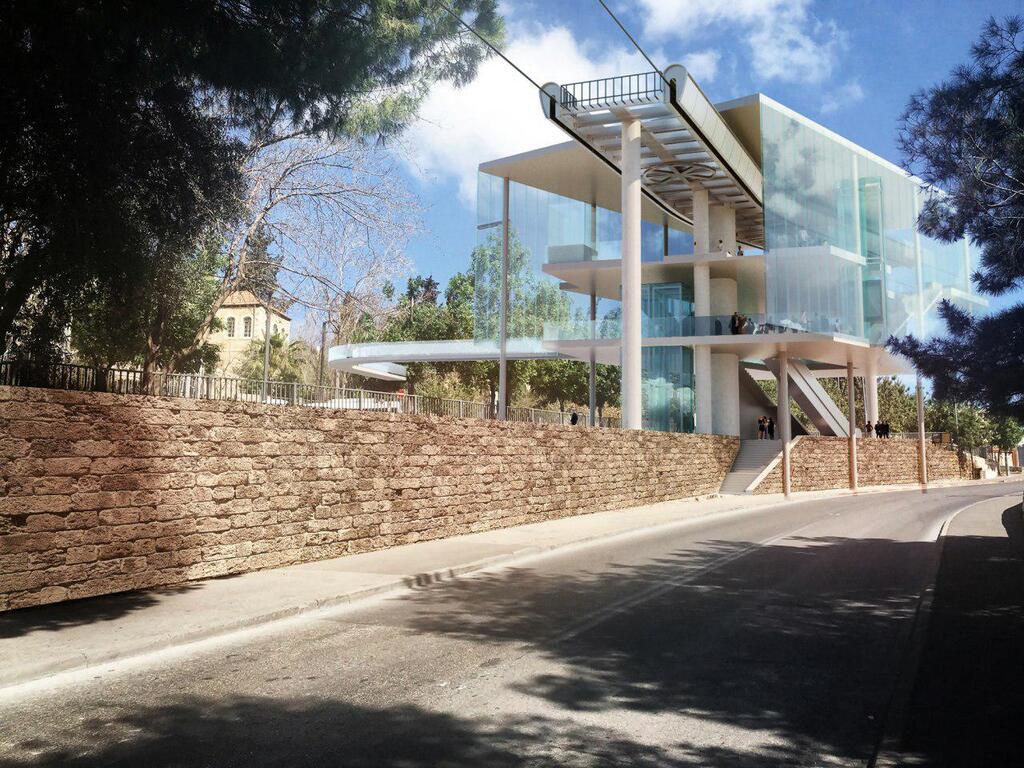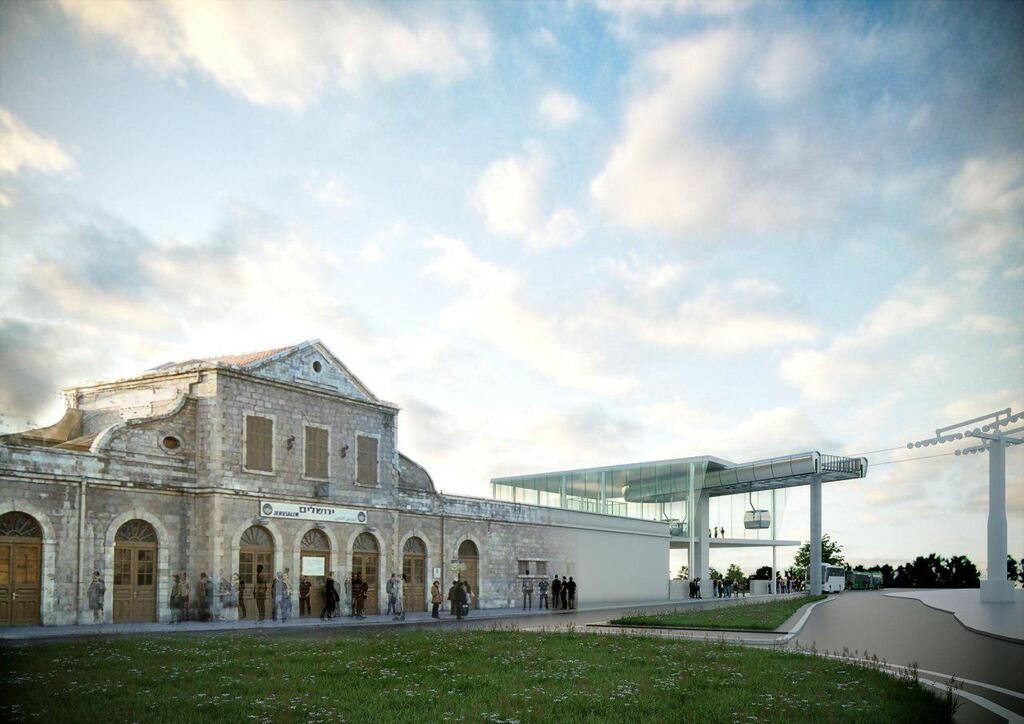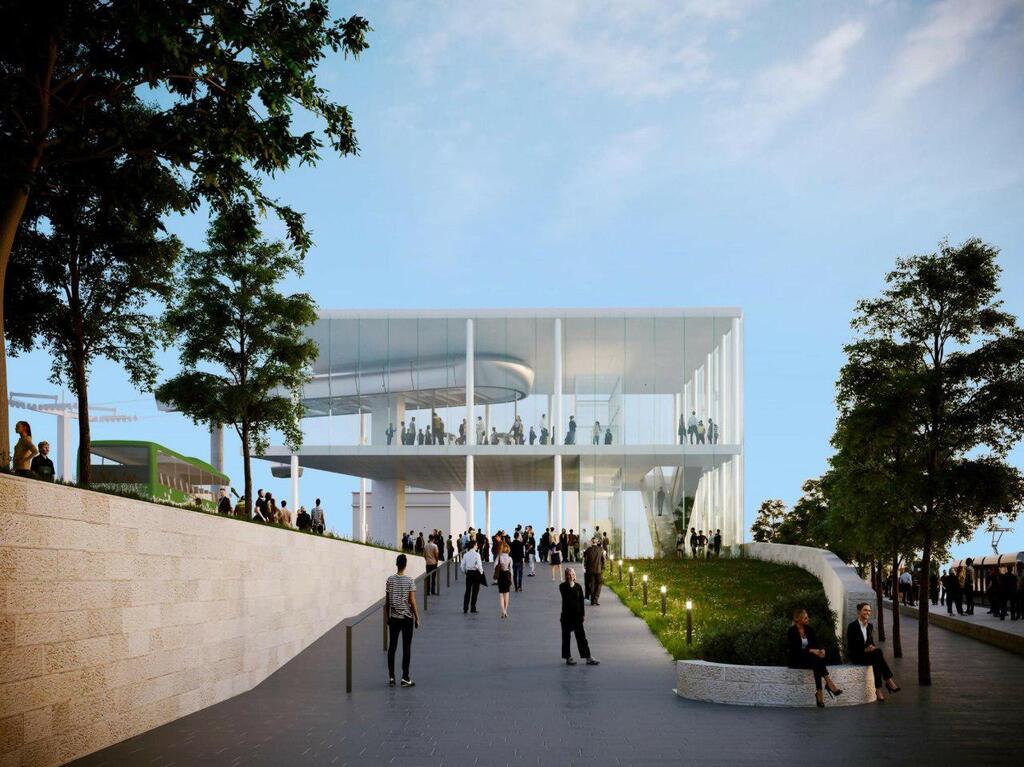Getting your Trinity Audio player ready...
Israeli and Palestinian opponents of an Israeli plan to run a cable car over Jerusalem to the walls of the Old City lost their Supreme Court case against a project on Sunday, after they argued it would alter the city's ancient landscape.
A unanimous ruling by a three-judge panel decided against intervening to reverse the Israeli government's 2019 approval of the plan, saying proper planning procedures had been followed.
The proposed cable car would shuttle some 3,000 tourists and worshippers per hour from the western part of Jerusalem to an area near the Dung Gate entrance to the Old City in a four-minute ride.
Palestinians say the project would erase their heritage in areas they seek for a future state, and that the planned route would place cable cars just meters above their homes in East Jerusalem.
The Israeli government says the cable car would be a boon for tourism to sites in the Old City that are holy to Jews, Muslims and Christians, and would alleviate heavy traffic to the area.
Israeli cultural rights and environmental groups and Palestinians in Silwan, an East Jerusalem neighborhood at the foot of the Old City, were among the petitioners against the project.
In a policy paper, a coalition of groups against the project said the cable car "will deal a fateful blow" to historical vistas and reroute tourist traffic, hurting Palestinian merchants in the Old City.
"What's left now is the public struggle to stop this insane project," Hagit Ofran, of Israel's Peace Now group, which opposes the plan, tweeted after the court's decision.
The Palestinians want East Jerusalem, which includes the Old City, as capital of a future state. Israel annexed the area after capturing it in the 1967 Six Day War and says the entire city is its eternal and indivisible capital.
Mayor of Jerusalem Moshe Lion commended the Supreme court decision: "We'll continue to advance the cable car project, through which we'll create a transportation solution for the heavy traffic and grant easy access to the Western Wall and City of David."




